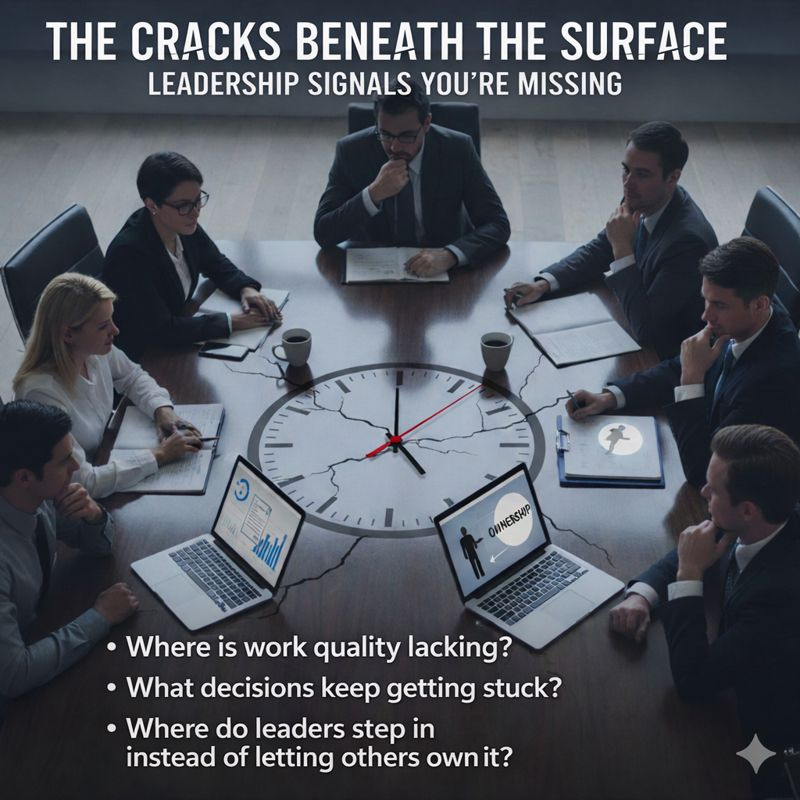Appreciation is More Than Words
This is a subtitle for your new post

Have you ever received words of thanks that seemed hollow and insincere? Have you ever, upon opening a gift, wondered why the giver gave you ‘THIS?’
It happens a lot in life and at work! Someone reaches out to express appreciation but their gesture falls flat. The recipient doesn’t FEEL appreciated.
I have felt such a disconnect several times in my life. For example, when a friend gave me a birthday present that was far outside of my taste, I was frustrated that she wasted her money. However, I greatly appreciated that she organized a birthday party for me. I value time with friends much more than receiving gifts.
When I receive a greeting card, I feel valued by the sender acknowledging the special occasion or challenge in my life. However, I don’t always read the pre-printed message, because those words weren’t customized for me. Because generic words don’t make me feel appreciated, I don't expect that others value them either. Since I have a very hard time finding appropriately worded cards for others, I send few cards, even though I now know that I have friends and colleagues who would appreciate receiving cards with encouraging pre-printed words.
This little known diversity in how people express and feel appreciated has a huge impact in the workplace. Two-thirds of the times that managers think they have shown how much they value an employee, the employee does not FEEL valued. Sometimes, the employee even becomes frustrated with their manager who has just demonstrated how little they know about them.
Does a box of gourmet chocolates show that you value a high performing diabetic?
How does someone who hasn’t received a pay increase in the past three years, due to a ‘barely satisfactory’ performance rating, feel when their boss says, “glad we could rely on you today for this rush job, great work as always”?
Being appreciated at work is an important emotional need. It requires a positive emotional connection between managers and employees. 85% of employees report that FEELing valued at work is the biggest contributor to their job satisfaction. However, only 17% say they FEEL valued at work. This gap needs to be closed for employees and organizations to share more win/win experiences.
It is important for managers to build an emotionally positive relationship with every employee. Otherwise, they will experience high turnover and spend a lot of time hiring, onboarding, training, and being stressed about mediocre productivity.
What is emotionally positive for you, is not necessarily emotionally positive for those you work with. Just as there is diversity in our personalities, there is diversity in our preferred ‘language’ of appreciation. Our colleagues will only feel truly valued if we speak their language. Let's explore the five languages of appreciation in the workplace to learn about appreciation diversity.
The 5 Languages of Appreciation in the Workplace™ are:
- Words of Affirmation such as giving specific thanks to an employee for meeting a customer deadline, is preferred by 46% of the workforce.
- Quality Time, such as arranging to have a 1-on-1 coffee break conversation, is preferred by 26% of the workforce.
- Acts of Service, such as helping the Public Relations Coordinator load the trade show booth and supplies into their vehicle, is preferred by 22% of the workforce.
- Tangible Gifts, such as surprising a colleague with their favorite donut from their favorite bakery, is preferred by 6% of the workforce.
- Physical Touch, such as a high five, is important for building trust at work but no one has identified this as their primary workplace language of appreciation.
Why Use The 5 Languages of Appreciation Model?
When managers express appreciation in a way that helps their employees FEEL valued, morale increases, turnover decreases, productivity improves, and stress declines, all contributing to a healthier culture for employees and a stronger bottom line for the organization.
Click here to learn more about The 5 Languages of Appreciation™ and how to implement this model in your workplace.


